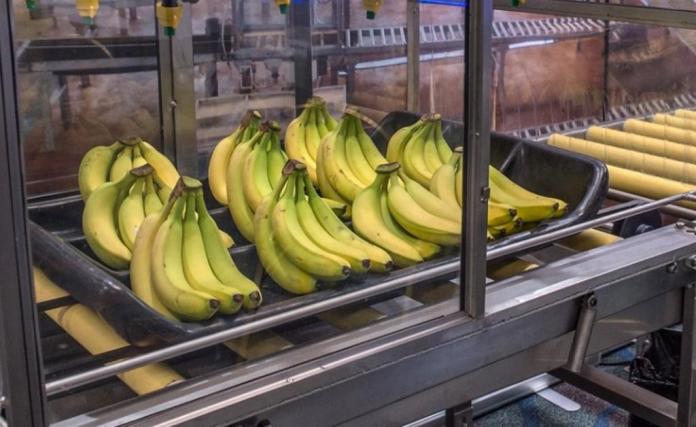QCOSTARICA – The crisis in Ukraine due to the invasion of Russia has repercussions on the world economy and Costa Rica is no exception to this reality.

Jaime García, economist and director of the Índice de Progreso Social (IPS) – Social Progress Index – at INCAE Business School. comments that in the market of commodities or primary goods there has also been an alteration as a result of the crisis and the prices of energy have increased, metals, transportation and food.
Costa Rican banana and pineapple exports are practically in jeopardy, due to a conflict that takes place almost 11,000 kilometers from Costa Rica.
According to García, the repercussions of the current conflict between Russia and Ukraine, also affect all of Central America by greater uncertainty in the international environment, in the short term, due to exchange rate volatility and falls in the financial markets.
“It is worth mentioning that despite the news that has unfolded since Thursday, the price of oil has not skyrocketed past the initial days. Immediately after the invasions began on Thursday, oil reached US$100 dollars a barrel, but then it normalized,” explained Ricardo Trejo, senior economic analyst at Central American Business Intelligence (CABI).
“If the conflict continues, these markets are going to generate more inflationary pressures and effects on production chains worldwide, producing shortages of certain goods and a higher cost of living, especially for people with lower incomes,” the expert considers.
These inflationary impacts would lead to an increase in interest rates, affecting investment and consumption decisions, says the economist.
García adds that in the medium term this crisis could lead to a recession in Europe due to the supply of gas from Russia, and that lower economic activity would affect the purchase of goods produced in the region.
Therefore, this would translate into lower exports, which could mainly affect Costa Rica and Panama, since the European market represents almost 20% of their exports. Then to Guatemala and Honduras with about10%, Nicaragua about 8% and El Salvador approximately 4%, indicates the director of INCAE’s IPS.
It is difficult to predict when these changes will occur or when the repercussions will be felt; but if the conflict continues, the impacts would be felt in the coming months.
Garcia emphasizes that it will undoubtedly affect Costa Rica’s economic recovery expected after the pandemic.
The economist points out that this world situation is an exogenous shock, in economies that were already weakened by the pandemic crisis, there will be little room for maneuver due to limited resources.
“The gross public debt in El Salvador and Costa Rica is almost 70.7% of GDP, in Honduras and Nicaragua it is close to 40%, and only Guatemala maintains a certain margin of action in this way with less than 30% according to data of the World Bank. In addition, those countries that have the capacity to manage their monetary policy (not dollarized) will have to continue insisting on controlling inflation”, García expanded.


